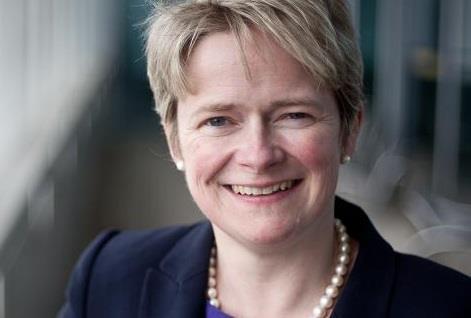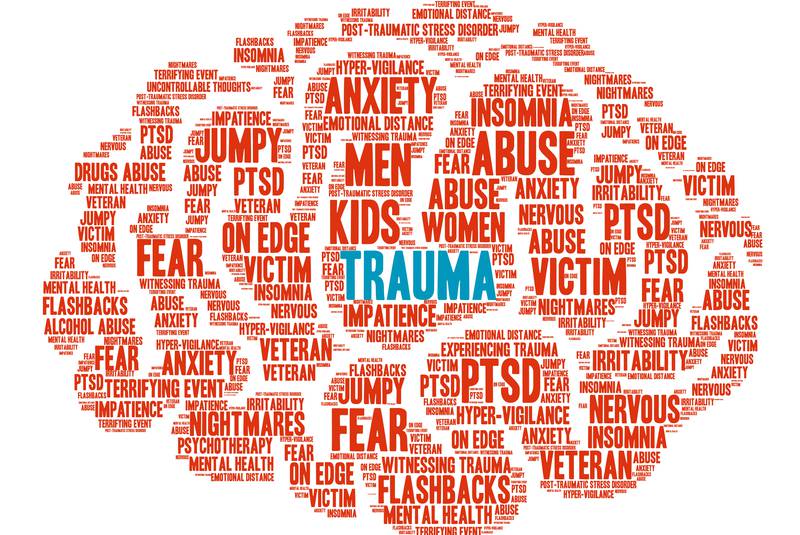
Yesterday, I tweeted that I think Dido Harding, the Chair of NHS Improvement and newly appointed head of the newly established National Institute for Public Protection (NIPP), which is to replace Public Health England (PHE), is a good leader. I say this, having met her and few times, through the NHS Assembly and her genuinely humble desire to listen and treat people with kindness. It caused quite an interesting discussion and there has been widespread criticism of her appointment.
Last week I did my yearly updates of the mandatory online training required in the NHS. Part of this included my ‘fraud awareness’ and this focuses, particularly on the Nolan principles – an ethical framework under which we are required to work. If these principles are not followed, people can quite rightly lose their jobs and even be sent to prison. The principles apply to all people who work in public life, not just the NHS and are as follows:
1. Selflessness
Holders of public office should take decisions solely in terms of the public interest.
2. Integrity
Holders of public office must avoid placing themselves under any obligation to people or organisations that might try inappropriately to influence them in their work. They should not act or take decisions in order to gain financial or other material benefits for themselves, their family, or their friends. They must declare and resolve any interests and relationships.
3. Objectivity
Holders of public office must act and take decisions impartially, fairly and on merit, using the best evidence and without discrimination or bias.
4. Accountability
Holders of public office are accountable for their decisions and actions to the public and must submit themselves to the scrutiny necessary to ensure this.
5. Openness
Holders of public office should act and take decisions in an open and transparent manner. Information should not be withheld from the public unless there are clear and lawful reasons for so doing.
6. Honesty
Holders of public office should be truthful.
7. Leadership
Holders of public office should exhibit these principles in their own behaviour. They should actively promote and robustly support the principles and be willing to challenge poor behaviour wherever it occurs.

The decision to disband Public Health England, (which is recognised internationally as a world leader in the realm of Public Health) and the appointment of Dido Harding into her new role (even though I do really like and respect her) are not aligned with the Nolan principles and I believe therefore that the Secretary of State for Health and Social Care, Matt Hancock has some serious questions to answer, which are absolutely in the public interest. Each of those questions should be framed around the Nolan principles and are a part of the accountability required in such a momentous decision. It’s not that Dido Harding (who called for more integrity in NHS leadership) is necessarily the wrong person (although many feel that she is). It’s the way the appointment was made that makes everything so murky and this is a great shame.
Public Health England must not be used as a scapegoat in the forthcoming independent enquiry into the UK’s response to Covid-19. We must also better understand where and how its other vital functions will be performed. As Jeanelle de Gruchy, President of the Association of Directors of Public Health, has so eloquently argued, the NHS is not currently set up to do this work. There is the potential that the newly established Integrated Care Systems (ICS’) across England, which bring together public sector partners, including the NHS and local government could hold the responsibility, but this would need to be funded adequately and appropriately AND would require a legal framework, which is currently lacking. We simply cannot afford to lose the vital functions of prevention, child health and other huge programmes previously co-ordinated by PHE. With further financial issues ahead for local government, the idea that public health prevention will remain a priority, when we have already seen the roll back of this since 2010 is unrealistic. If this happens, rather than ‘levelling up’, the great promise of the Prime-minister, Boris Johnson, we will see a worsening health inequality gap and those in our poorest communities struggling even more.
We need urgent answers to urgent questions. But more than this, we need a government who are willing to act with integrity, openness and through the proper mechanisms of parliament. Announcing major changes to the functions of public sector organisations through the press and the refusal to follow good processes in redesign are seriously unwise and unfair. Trust in this government is waning and they could do a great deal more to rebuild that trust, if they care to do so. The loss of Public Health England matters, not only because it does such incredibly important work beyond public protection, but because of the manner in which it was disbanded and what this means about how government is functioning.
When Matt Hancock made his speech about his new NIPP yesterday, he finished his Q&A session by talking about the “Holy Trinity” of Academia, Government and the Private Sector. I see very little that is holy about this triad, especially if the Nolan principles are flouted. The Trinity I know is full of love and truth…..I wonder what the consequences of this clear ideology will have on the future of the NHS. I fear the answer is not in the public interest.
